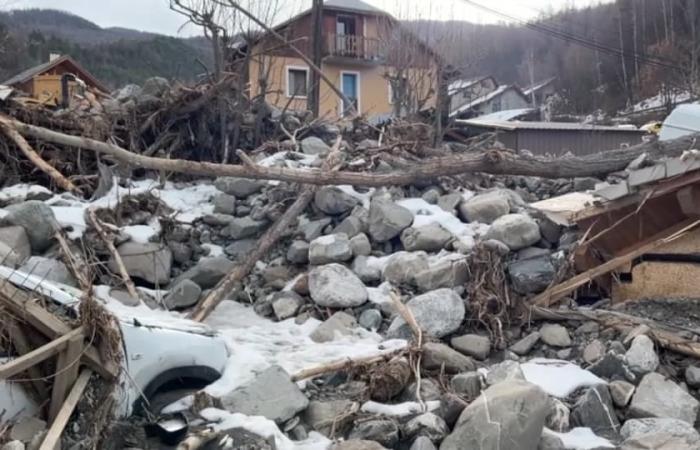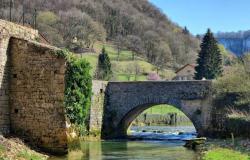The Minister Delegate in charge of Rural Affairs, Commerce and Crafts is expected this Thursday, November 28 in the Hautes-Alpes. She should make announcements on the financial involvement of the State following the bad weather which hit the territory in the fall of 2023.
Ministerial visit to the Hautes-Alpes. Françoise Gatel, Minister Delegate to the Minister for Territorial Partnership and Decentralization, responsible for Rurality, Commerce and Crafts, will be in Guillestre and Risoul this Thursday, BFM DICI has learned.
A year after the bad weather which caused heavy damage in the Hautes-Alpes, the minister should undoubtedly make announcements on the State's financial participation in covering the work. Support that many elected officials have been waiting for for twelve months now.
At the beginning of December 2023, severe bad weather hit the Hautes-Alpes, causing very significant damage in Guillestrois: roads cut, bridges washed away, businesses flooded… The scars of this bad weather were still visible several months later. The Guillestre Intermarché, invaded by mud, was, for example, only partially able to reopen last April.






